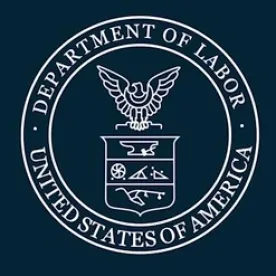On September 22, 2020, the U.S. Department of Labor (DOL) issued a new proposed rule that would substantially simplify the test for determining whether persons are employees or independent contractors under the Fair Labor Standards Act (FLSA).
Because the FLSA does not actually define “employee,” courts have traditionally filled the void by applying an “economic realities” test that balances several factors. But in issuing a new proposed rule, the DOL noted that the current balancing test is difficult to apply, creates confusion, and is out of step with modern technology and working relationships.
To that end, the DOL proposes to streamline the contractor test by first focusing on two “core” factors:
-
The nature and degree of the worker’s control over the work.
-
The worker’s opportunity for profit or loss.
If these two factors both point toward one classification, there is a high probability that classification is the correct one. Under this proposal, if a worker is free to select the means to perform the work and can earn profits based on things like business skill or judgment (e.g., by working smarter, not just harder), then the worker is likely an independent contractor.
Beyond these core factors, the proposed test also considers:
-
The skill or training required to complete the job (with skilled jobs generally being more indicative of contractor status).
-
The permanence of the relationship (with indefinite relationships supporting employee status).
-
Whether the work is part of an integrated unit of production (which looks at whether the work is segregable from the company’s normal production process).
These factors are similar to those that the existing multifactor test considers, but, in addition to adopting the core factors concept, the DOL’s proposal departs from existing law in significant ways. In particular, the proposed rule focuses on “actual practices” rather than what is contractually or theoretically possible. This could be especially significant for employers facing class action claims, as it is generally more difficult for plaintiffs to obtain class certification under tests that examine actual control.
In another helpful clarification for companies, the proposed rule makes clear that requiring workers to meet safety standards, carry insurance, or satisfy deadlines and quality standards does not constitute control for purposes of worker classification.
Notably, this test would only apply to contractor status under the FLSA and does not change the standards that states follow when classifying persons as independent contractors. Thus, even if the DOL ultimately adopts the proposed rule, companies would still need to conduct a separate analysis of contractor status under state law.
The proposal is subject to a 30-day comment period once it is published in the Federal Register, and we expect that the DOL will issue a final regulation before any change in presidential administrations.





 />i
/>i

